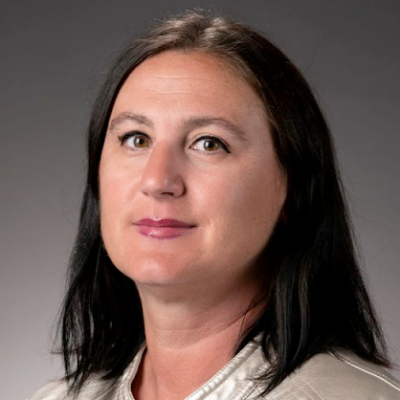SAGE Center hosts Forum "Lessons from Cultural Psychology for Real World Problems”
Lessons from Cultural Psychology for Real World Problems
by Smaranda Lawrie
On April 30th, 2019, the SAGE Center for the Study of the Mind at the University of California, Santa Barbara brought together prominent scholars to discuss the lessons Cultural Psychology can provide about finding solutions to some of the most critical issues presently faced by humanity. The talks covered diverse topics related to discrimination and intergroup relations, health among aging populations, and environmental action in the face of accelerating climate change.
The event featured presentations from Victoria Plaut, Professor of Law and Social Science at the University of California, Berkeley; Shinobu Kitayama, Robert B. Zajonc Collegiate Professor of Psychology at the University of Michigan, and Heejung Kim - Professor in the Department of Psychological and Brain Sciences at UCSB who also organized the forum. Hazel Rose Markus, Davis-Brack Professor of Behavioral Sciences at Stanford University, and SAGE Center Distinguished Fellow, was also present to facilitate conversation and wrap up the event.
Dr. Plaut presented first. Her talk, “Diversity Science: A Sociocultural Perspective on Diversity and Inclusion,” emphasized that in order to create environments that benefit both majority and minority groups, race, ethnicity, gender, sexual orientation, and socioeconomic differences must be acknowledged and embraced. Drawing on decades of research on the topic, Dr. Plaut explained the benefit of multicultural policies- which embrace differences, over colorblind policies which attempt to ignore them. Colorblind approaches have many unintended negative consequences including decreased psychological engagement at work and increased absenteeism and turnover for minority members, increased perceptions of discrimination among minorities, cognitive depletion in minority-majority interactions, and increased explicit and implicit biased attitudes towards minorities among majority members. Plaut prescribed a broad approach to the study and practice of intergroup relations. She said researchers and practitioners must take into account the perspectives of both minority and majority members, as well as existing cultural ideas, practices and institutions, and the daily experiences of all involved. Researchers, practitioners, and administrators should consider the lived experiences of those they are trying to help and understand because intergroup relations do not occur in a vacuum.
In the second talk, titled, “Feeling bad is not always unhealthy? Culture moderates the link between negative affect and biological health,” Dr. Kitayama presented some of his recent work investigating the link between negative affect and health outcomes, focusing especially on patterns among the elderly. Replicating previous studies, negative affect and neuroticism (a personality dimension associated with recurrent negative feelings), were both associated with poorer health outcomes among American participants. However, this pattern was not found among Japanese participants. Kitayama explained that among independent Americans, being negative is seen as a threat - with adverse implications for health outcomes. Conversely, in East Asian cultures, and other interdependent cultures, the view on life is more balanced. The negative is seeing as being intertwined with the positive – an inevitable side effect that comes and goes. Thus, negative affect does not seem to have the same deleterious effects on health, and may even be beneficial in certain circumstance. Dr. Kitayama wrapped up his talk by underscoring the importance of culturally informed medical treatment and policies related to health and aging.
The final talk, “Why do I Recycle: Socio-Cultural Diversity in Predictors of Support for Pro-Environmental Actions,” focused on what motivates people to engage in pro-environmental behaviors, such as buying more environmentally friendly consumer products. Dr. Kim explained the important role of culture in determining the best strategies to engage people in sustainability behaviors. Many efforts to increase sustainability behaviors are based on the assumption that increasing personal concerns about the environment will subsequently increase action. Although this seems to be true in individualistic cultures, Dr. Kim and her collaborators found a different pattern in collectivistic cultures, such as Japan. Their work shows that in collectivistic cultures, the link between personal beliefs about the environment and action is weaker - proenvironmental decision making is more closely tied to perceived social norms. These types of findings have important implications for facilitating sustainability across nations.
The event came to a close with an impassioned address by Dr. Markus who urged the faculty, graduate students, and community members to continue the work of building bridges between the academic ivory tower and the real world. Psychological research can provide tremendous insight into solving real world problems, and discussions such as those that took place during this SAGE event make this conversation and sharing of ideas possible.
For more information on Sage Center speakers and events, please consult the Sage Center web page.
